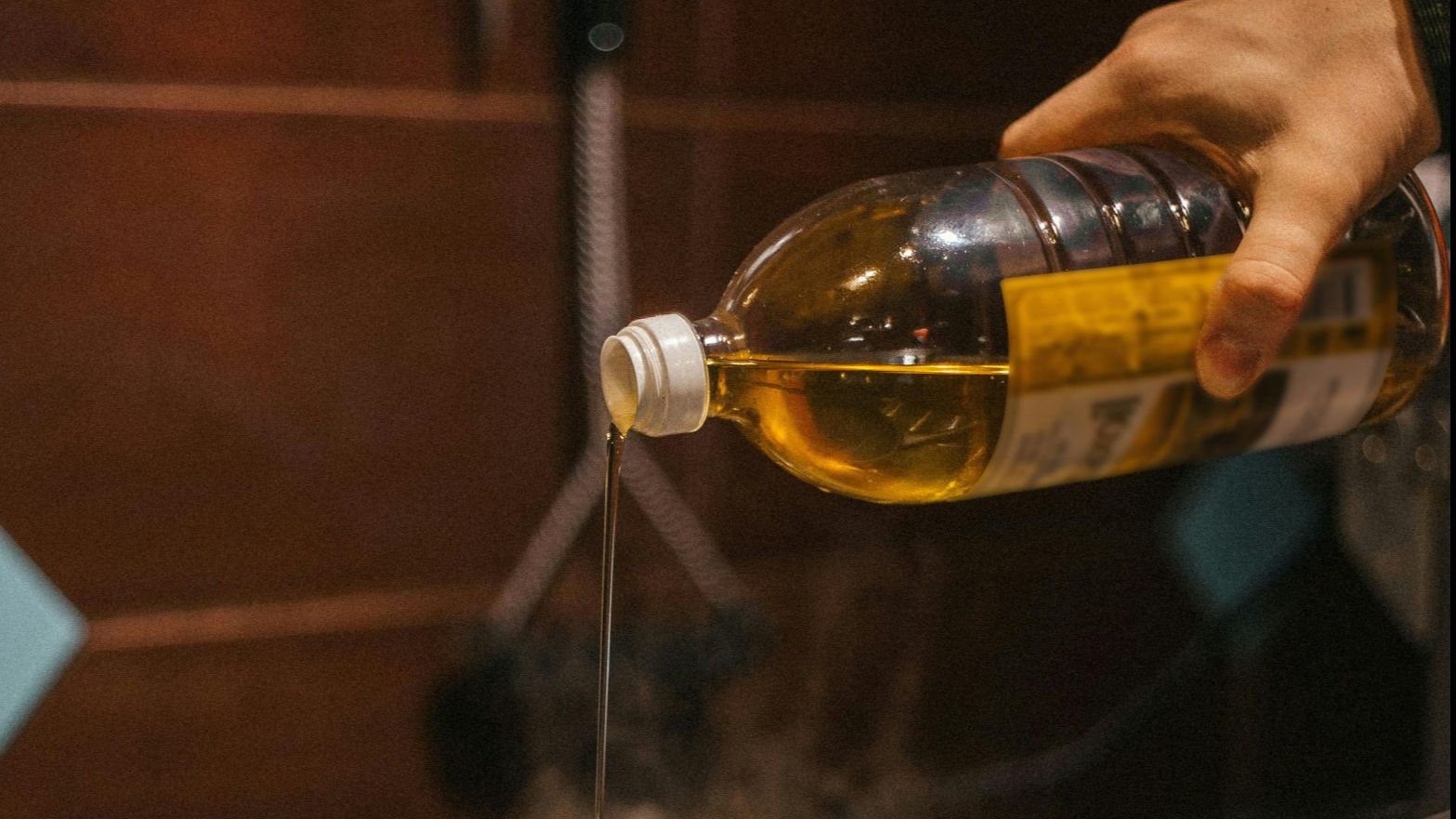While hearing a petition filed by a 24-year-old suffering from spinal muscular atrophy seeking
government help
to fund treatment which would cost over Rs 2 crore per year, the
Kerala High Court
sought details from the central government regarding its crowdfunding initiative.
The
digital portal
for crowdfunding and voluntary donations for patients of
rare diseases
shows collection of just Rs 2.9 lakh while 1,131 patients of rare diseases have registered for funding, of which 50 are registered as being in urgent need of donation.
All the patients registered with the digital portal have been assessed by 11 centres of excellence, which are well known government hospitals, identified by the government. The estimates of
treatment cost
also have been provided by these centres. The total estimated cost of treatment for just these 1,131 patients on the platform adds up to more than Rs 1,600 crore.
The crowdfunding platform was launched in February last year. According to the health ministry’s statement in Parliament in February 2023, funds were released in accordance with the provisions of the National Policy for Rare Diseases (NPRD), 2021 for the treatment of just 120 patients suffering from rare diseases, while there are thousands of such patients across India, of which many die waiting for treatment. The digital portal has registered 227 patients of spinal muscular atrophy whose treatment cost alone amounts to about Rs 500 crore.
The father of the petitioner, Seba P A, is unemployed and her mother is a housewife. The family depends on her brother who earns Rs 50,000 per month. Seba, who has been bedridden from 2017 with multiple complications, needs the drug Risdiplam to save her life.
The monopoly of production and marketing of Risdiplam is with one company, Roche, as it is under patent protection. The drug, which is currently being imported to India by Roche, can be produced for a tenth of the cost if a compulsory licence is issued by the government, argued the petition, citing several instances where generic production brought down the price of life saving drugs drastically.
In 2012, a compulsory license for sorafenib tosylate, a medicine to treat the last stage of lung cancer, resulted in the availability of the generic version for Rs 8,880 per month as against $5,000 (Rs 2.25 lakh) per month for the patented drug. A hepatitis C drug, which was being sold for $90,000 in the US, became available for $1,000 or less in India with generic production.
NPRD, 2021 has a provision to provide one-time financial support up to Rs 50 lakh for patients suffering from any category of rare disease, but the cost of Risidiplam makes this provision inadequate.
Data provided by Roche to show the extent to which the patented drug has been worked in India shows a sale of Rs 8.7 crore, which would work out to just 145 bottles sold in 2021-22, the petition argued. Barely five people would have got treated, a small number compared to the large number of patients who need the medicine, it petition pointed out. Seba alone needs 36 bottles (Rs 6 lakh per bottle) per year.












 English (US) ·
English (US) ·